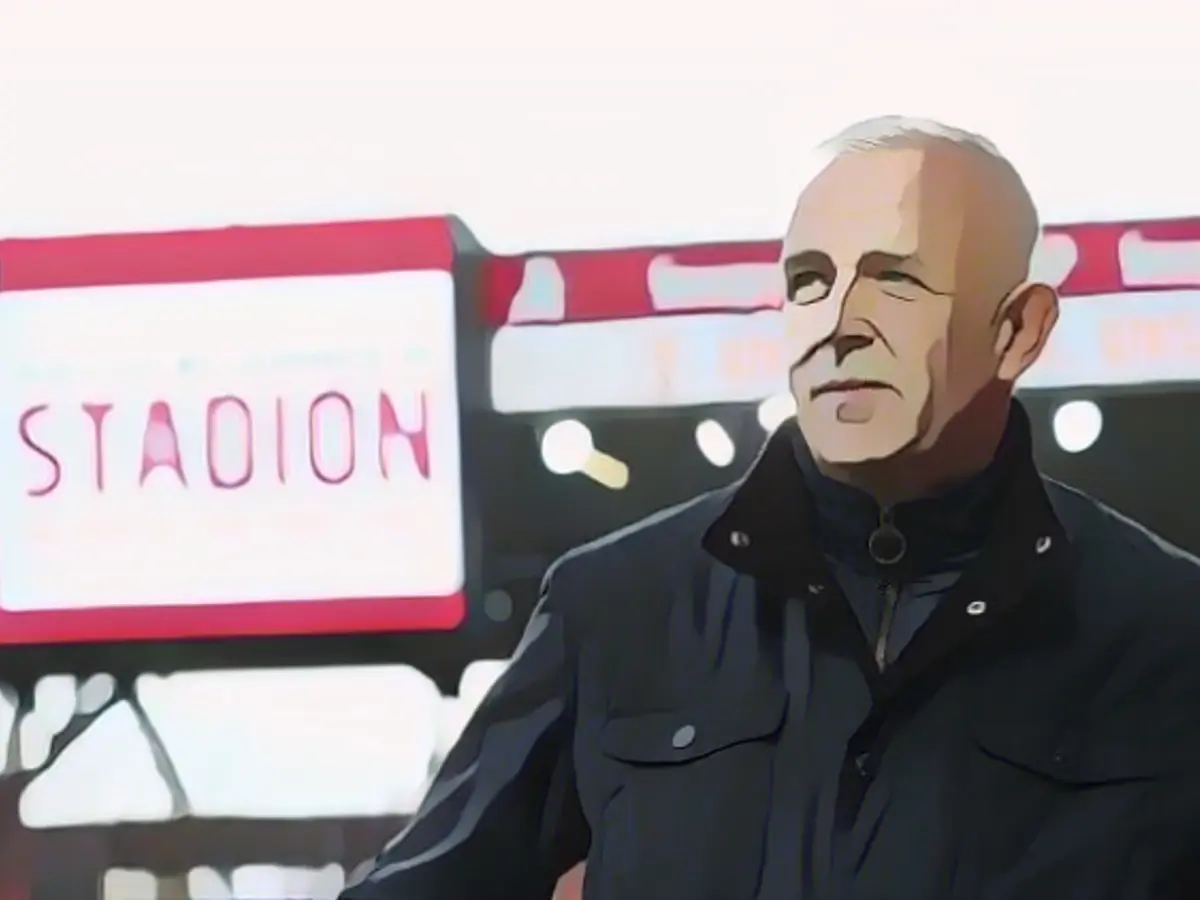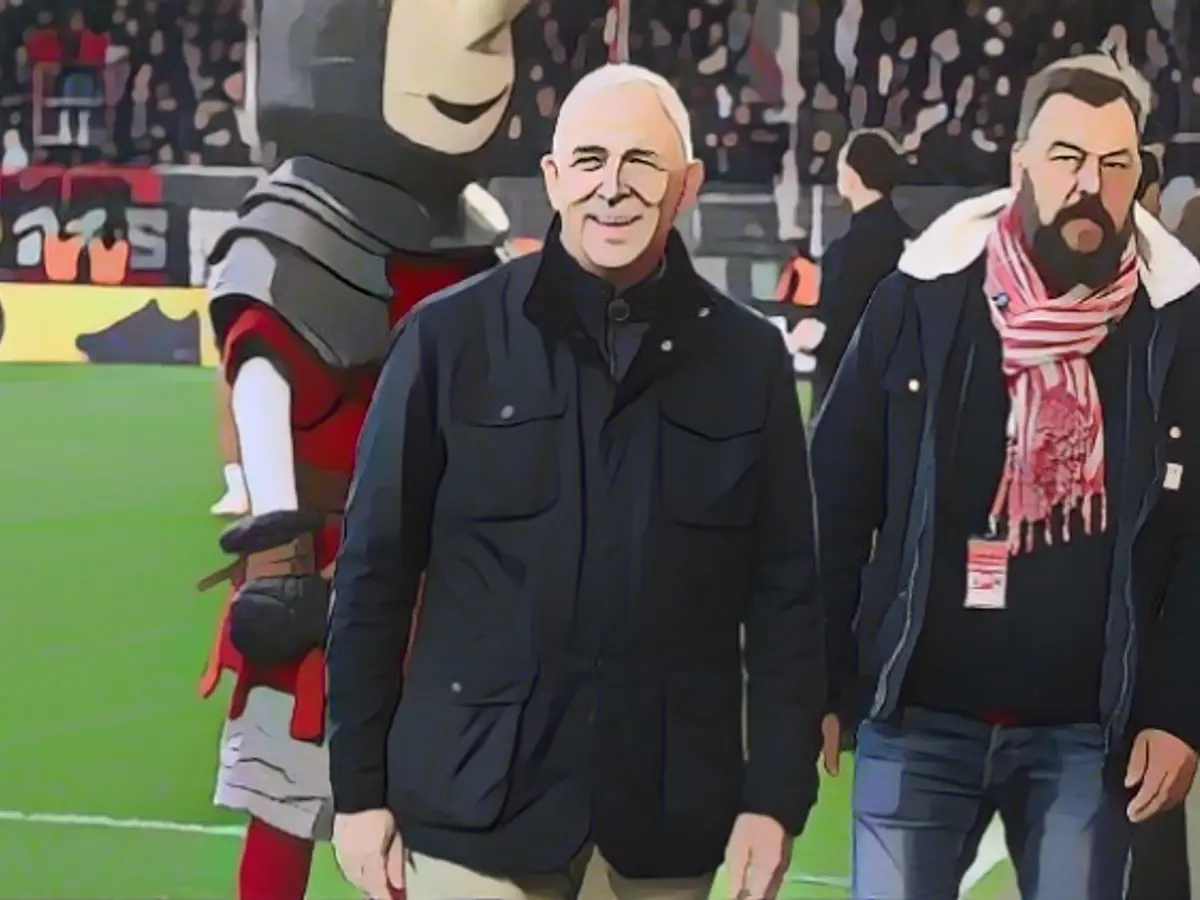The debate over Martin Kind's voting behavior in Hannover 96's investor deal with the German Football League (DFL) has turned into a political hot potato. With whispers about potential legal consequences and the fate of the financier hanging in the balance, everyone's eyes are on the managing director.
Kind's cryptic silence has added fuel to the fire. With the secret ballot casting a veil over everyone's voting behavior, Kind has even dared to question the integrity of other clubs' claims. "Nobody knows whether the clubs claiming to have voted no actually did," Kind told Bild. This statement has only added to the confusion, leaving everyone guessing.
The managing director's relationship with the club's parent management has been strained for some time now. Initially instructed to reject the deal, Kind has defied orders and shown support for the investor entry. This move has raised the specter of legal repercussions, with Kind now asked to disclose his voting behavior to the DFL. Despite being obligated, Kind has yet to comply by midday on Wednesday, as confirmed by a board member to the SID.
The DFL's handling of the 50+1 rule in this case has been questioned. The league association's statement from October last year hints at the club's "unrestricted right to issue instructions" to the management. However, club chairman Sebastian Kramer has accused the DFL of creating an inconsistency, which might have influenced the decision in their favor.
Despite the internal strife at Hannover 96, sports lawyer Paul Lambertz believes the investor deal in professional football is secure. Ruling out any claim for damages, Lambertz suggests that talks with the investors should continue and potential financial benefits could materialize. However, other clubs could challenge the decision, highlighting the potential legal minefield.
Despite the uncertainty surrounding Kind's voting behavior, it's clear that Hannover 96's role in the controversy surrounding the 50+1 rule could impact the Soccer club significantly. With the DFL emphasizing that Kind is entitled to represent the club at DFL meetings, the game of opinions continues, leaving everyone to ponder the future of Hannover 96 and professional football.
Source:
The enrichment data reveals that Hannover 96's opposition to the 50+1 rule dates back to 2009, with the club putting forward a motion to change the rule, which was overwhelmingly rejected by other clubs. The rule, which requires clubs to wholly or majority-own their association football team, has been criticized for limiting external investment and potentially impacting a club's financial stability and competitiveness. These historical contexts suggest that any dispute revolving around the 50+1 rule and its implications for Hannover 96 might form a significant part of the ongoing controversy.








